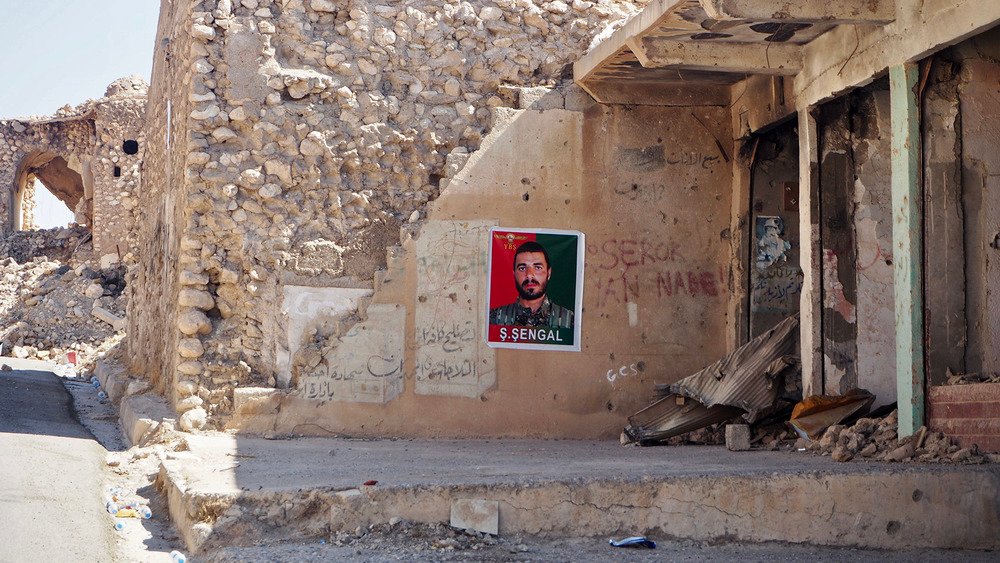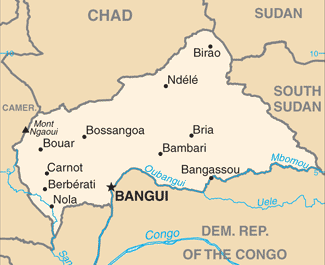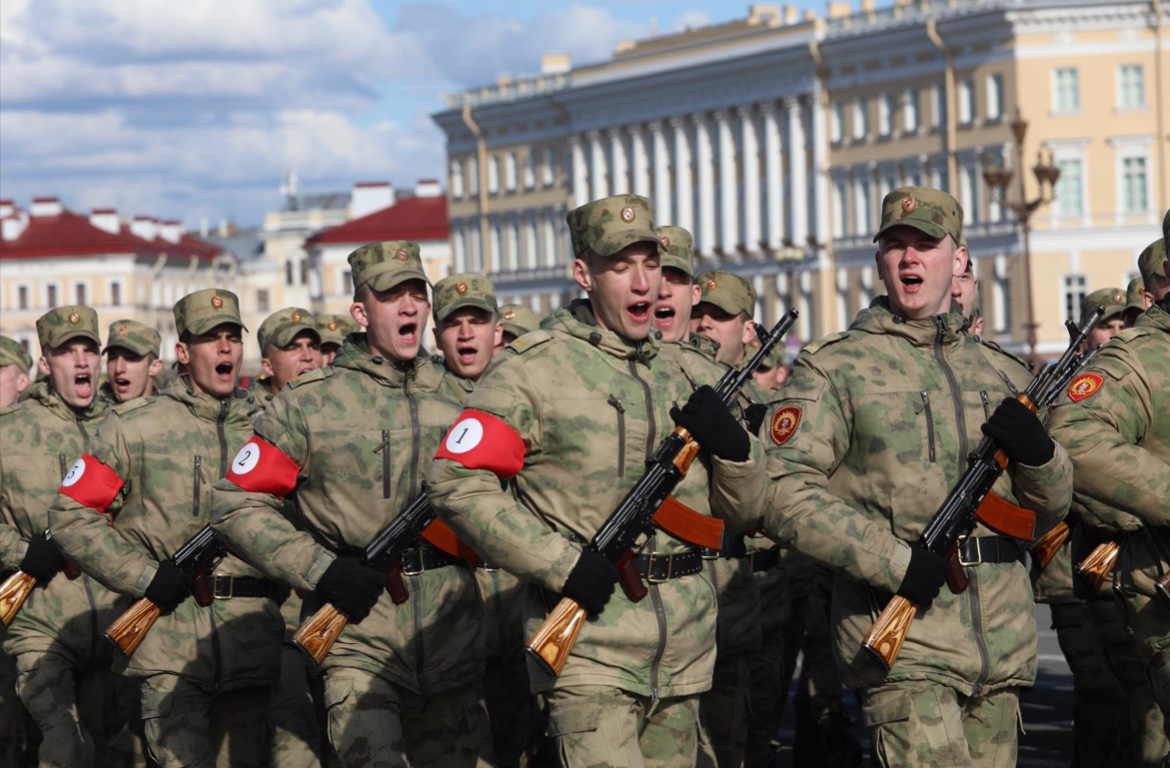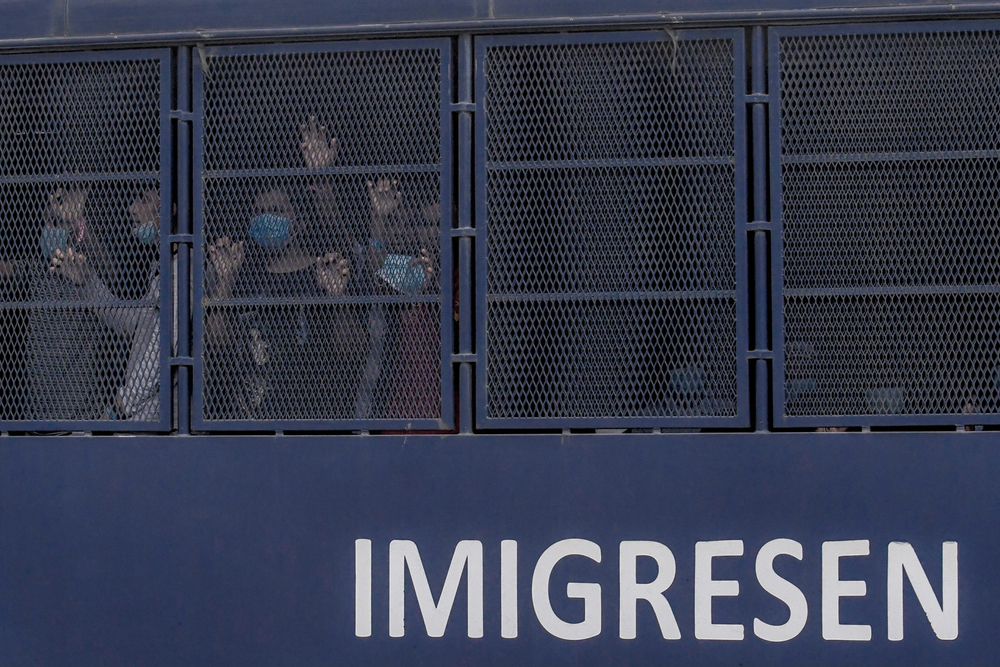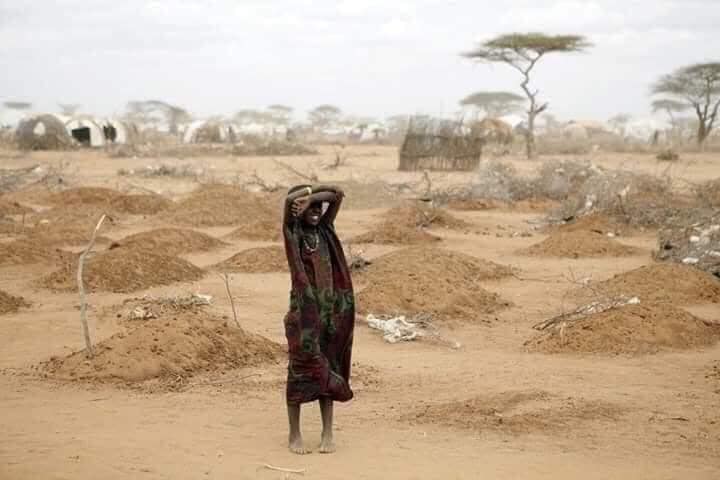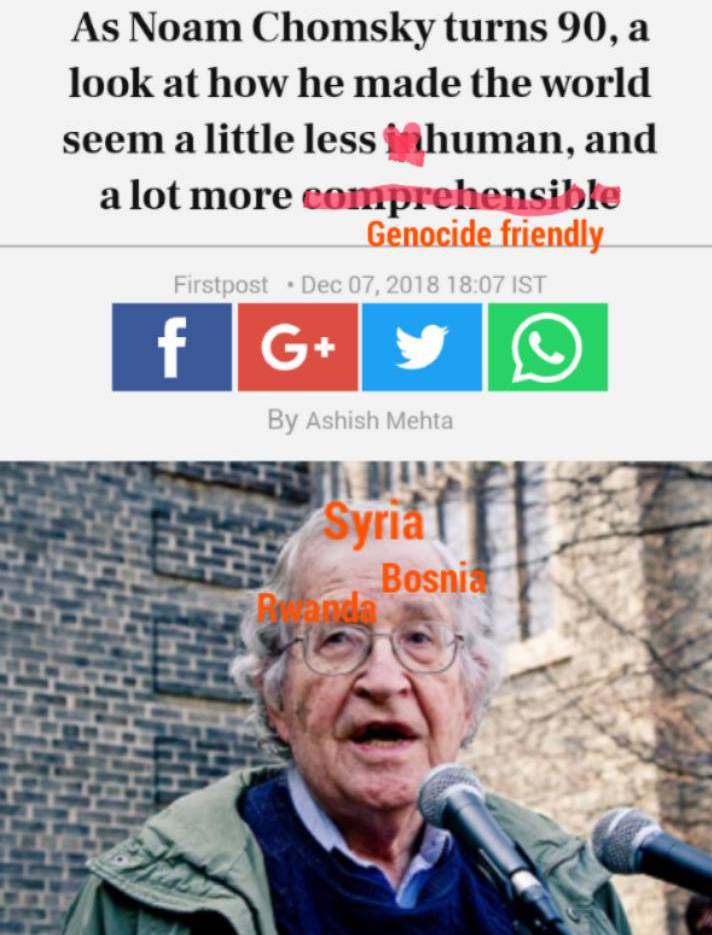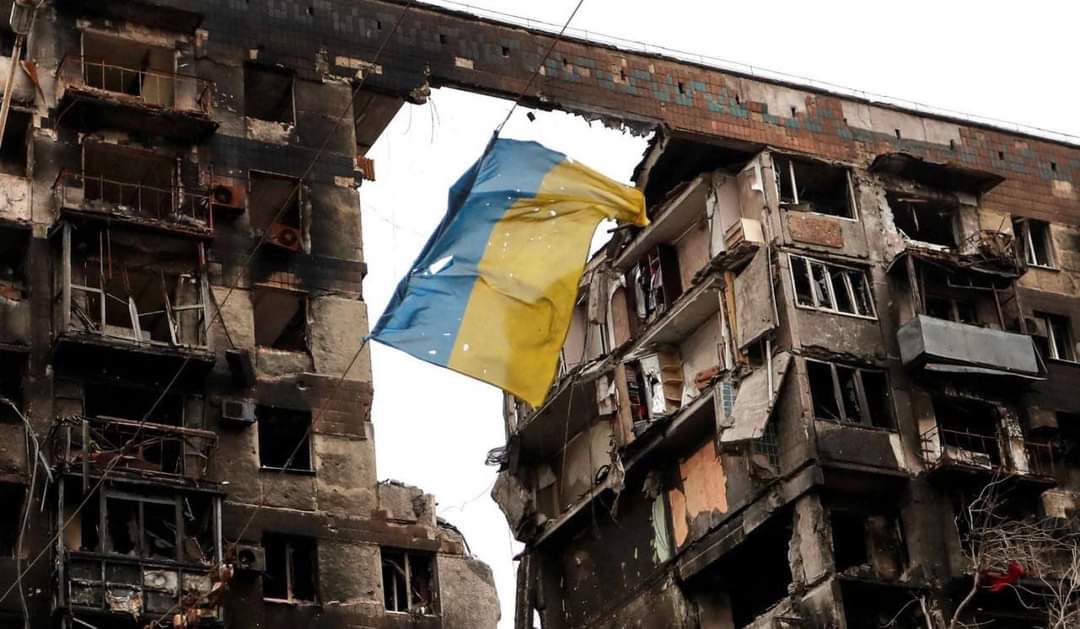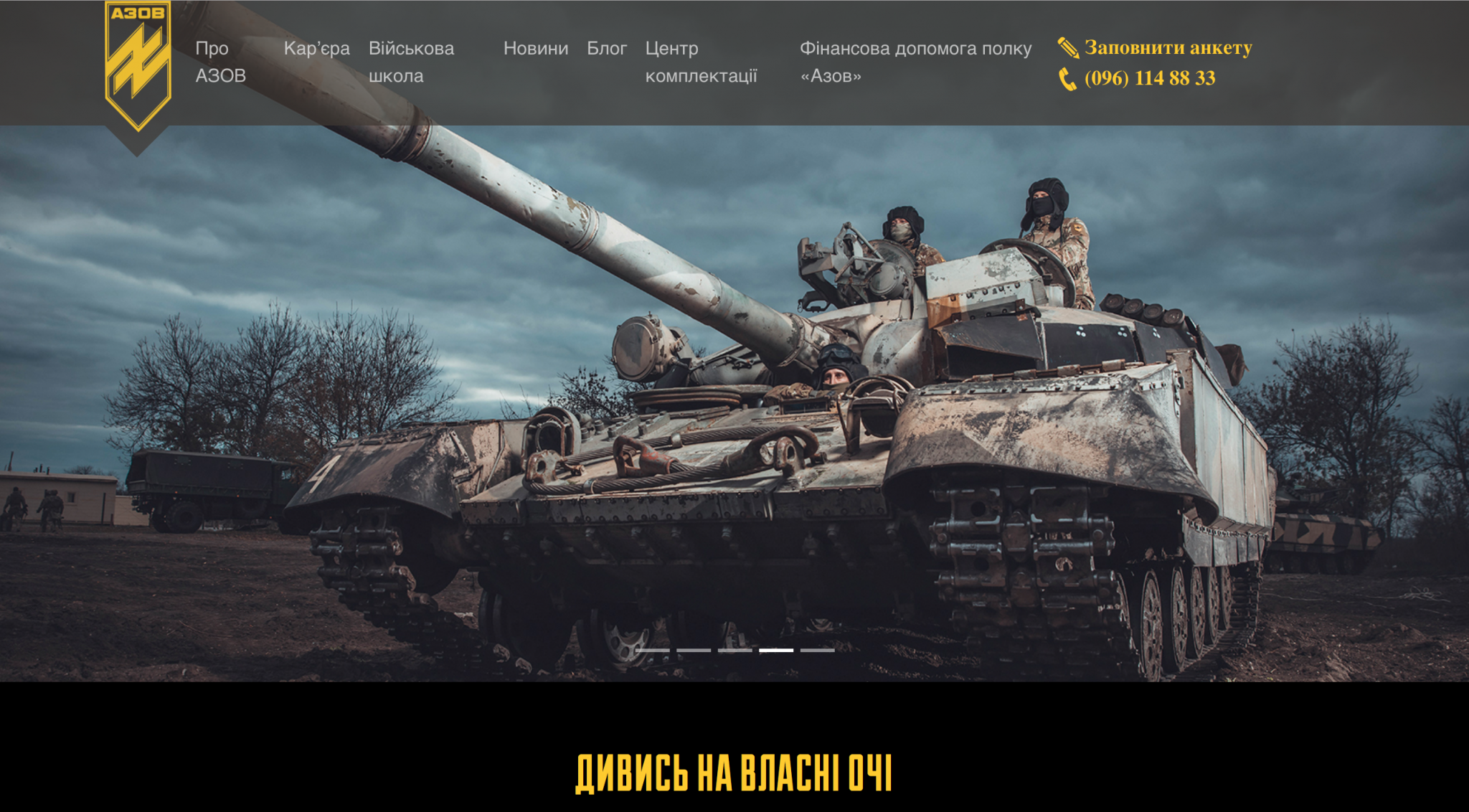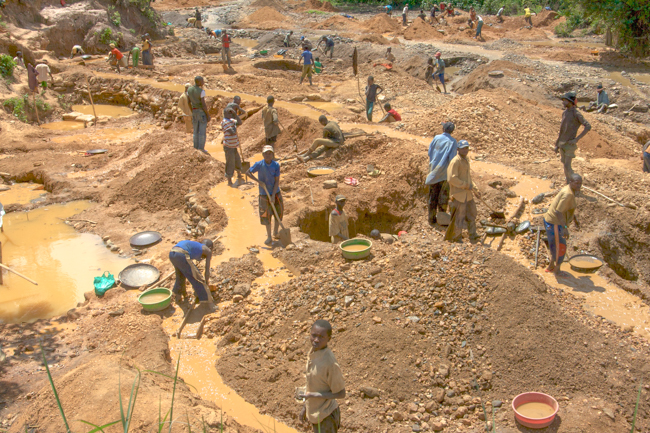
Artisanal gold miners massacred in DRC
At least 35 people were killed when armed men raided a gold mining camp in Ituri province, in the conflicted northeast of the Democratic Republic of the Congo. Local authorities at the rural commune of Mungwalu blamed the attack on the CODECO rebel militia. A four-month-old baby was among the dead. The militiamen also looted and torched homes at Camp Blanquette, and seized quantities of extracted gold. Informal mines in the eastern DRC provide much of the country’s output of gold, cobalt and other minerals used in the global electronics industry. The minerals, extracted under dangerous and oppressive conditions, continue to be a goad to internal warfare by rival armed factions. (Photo via Africa Up Close)



